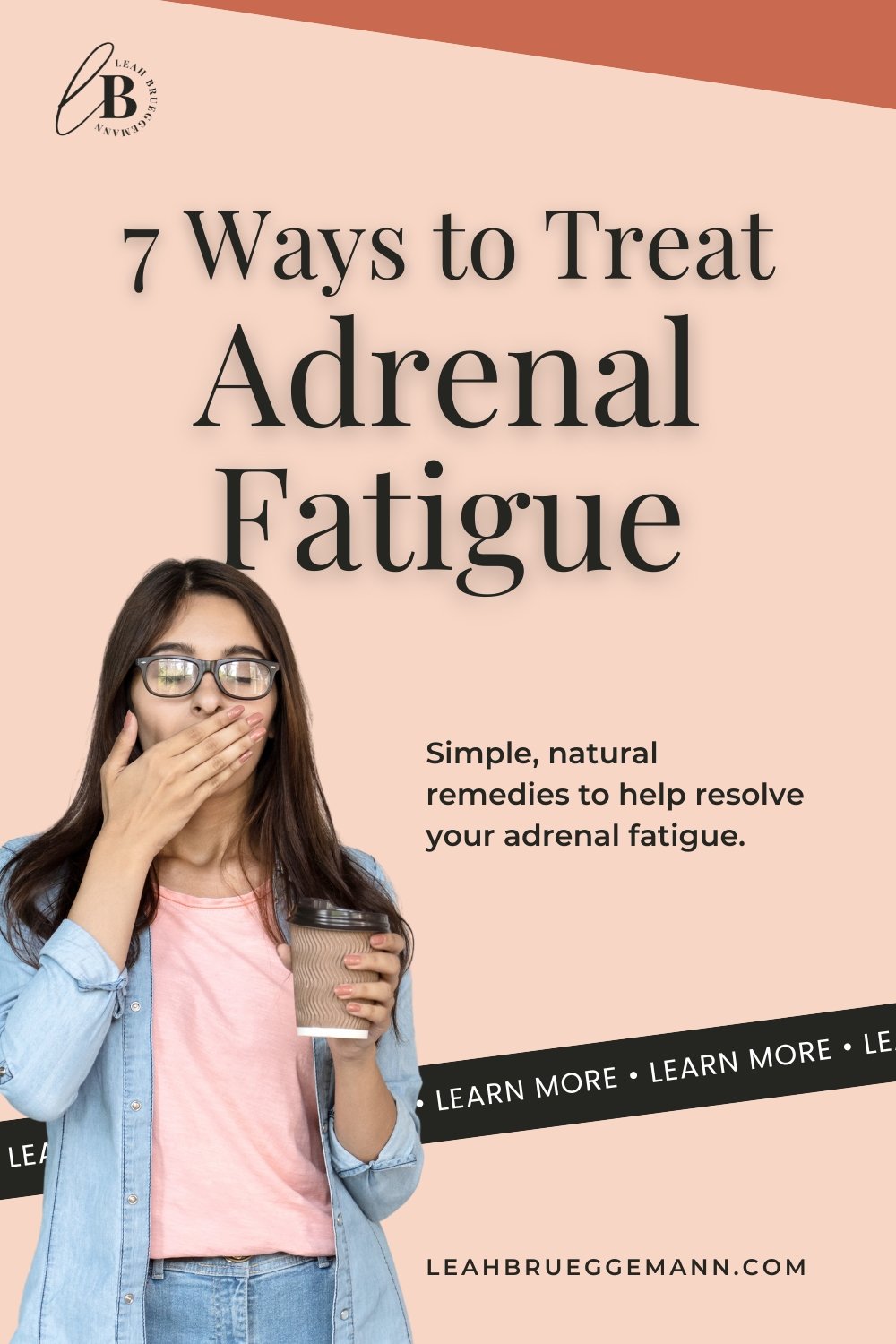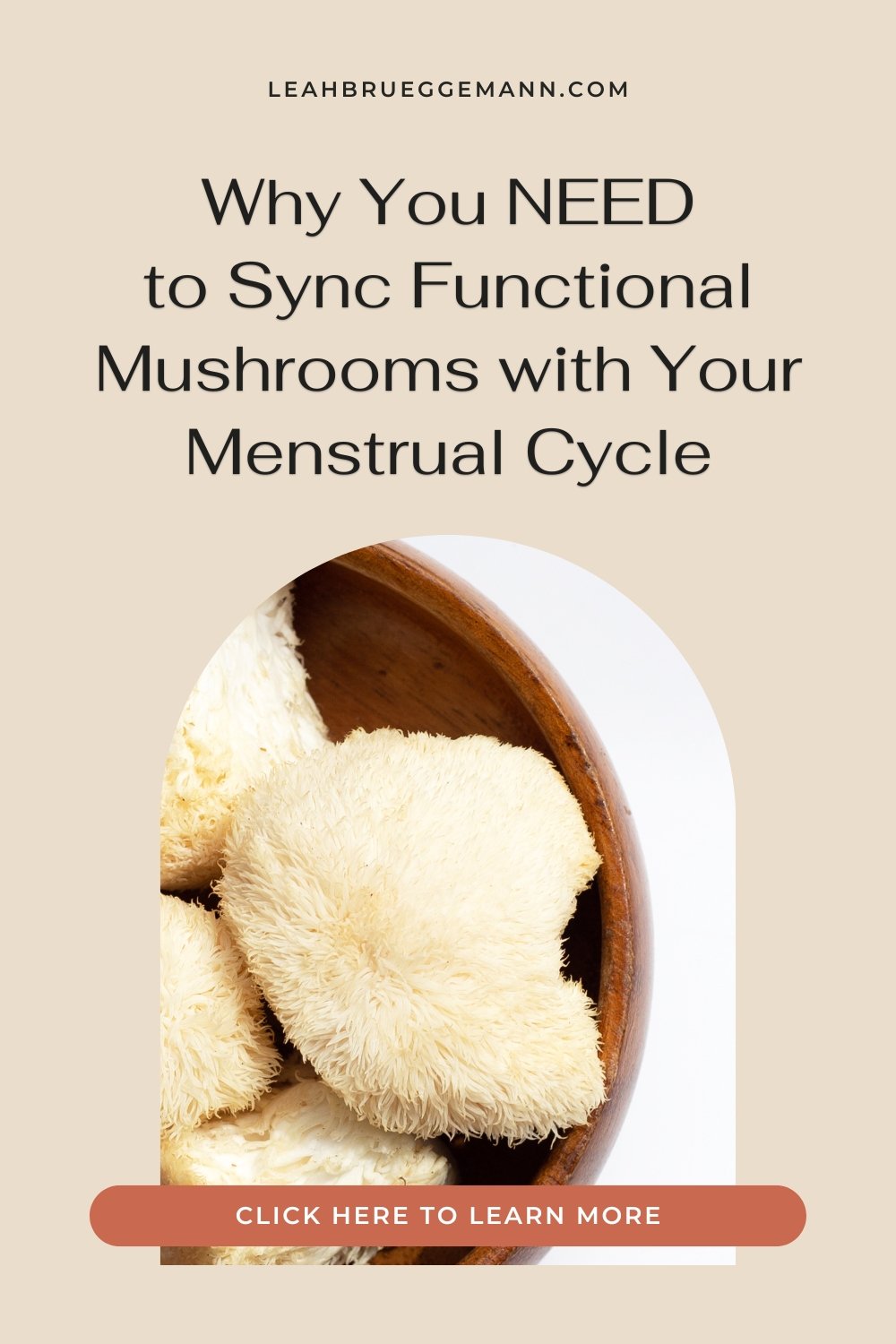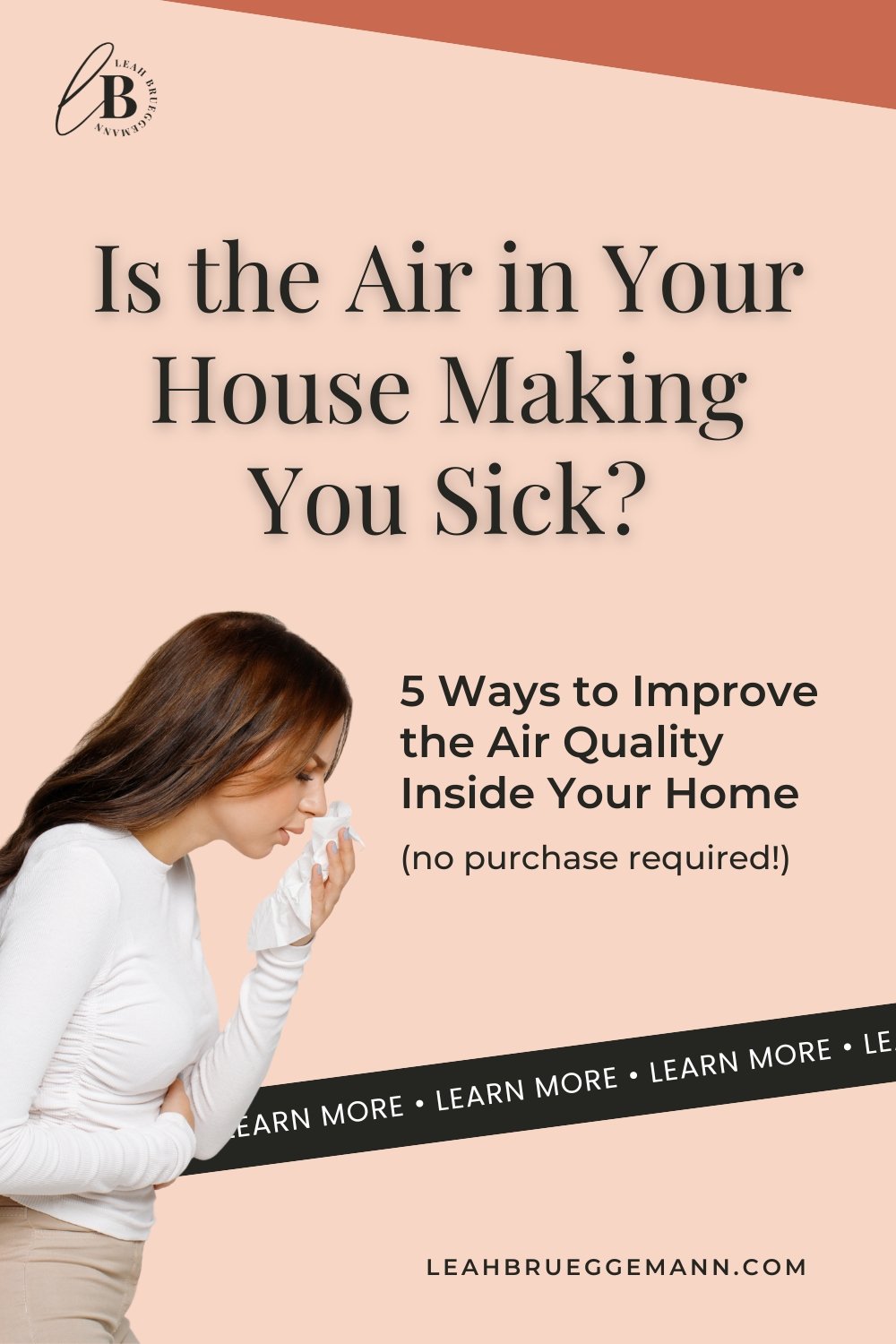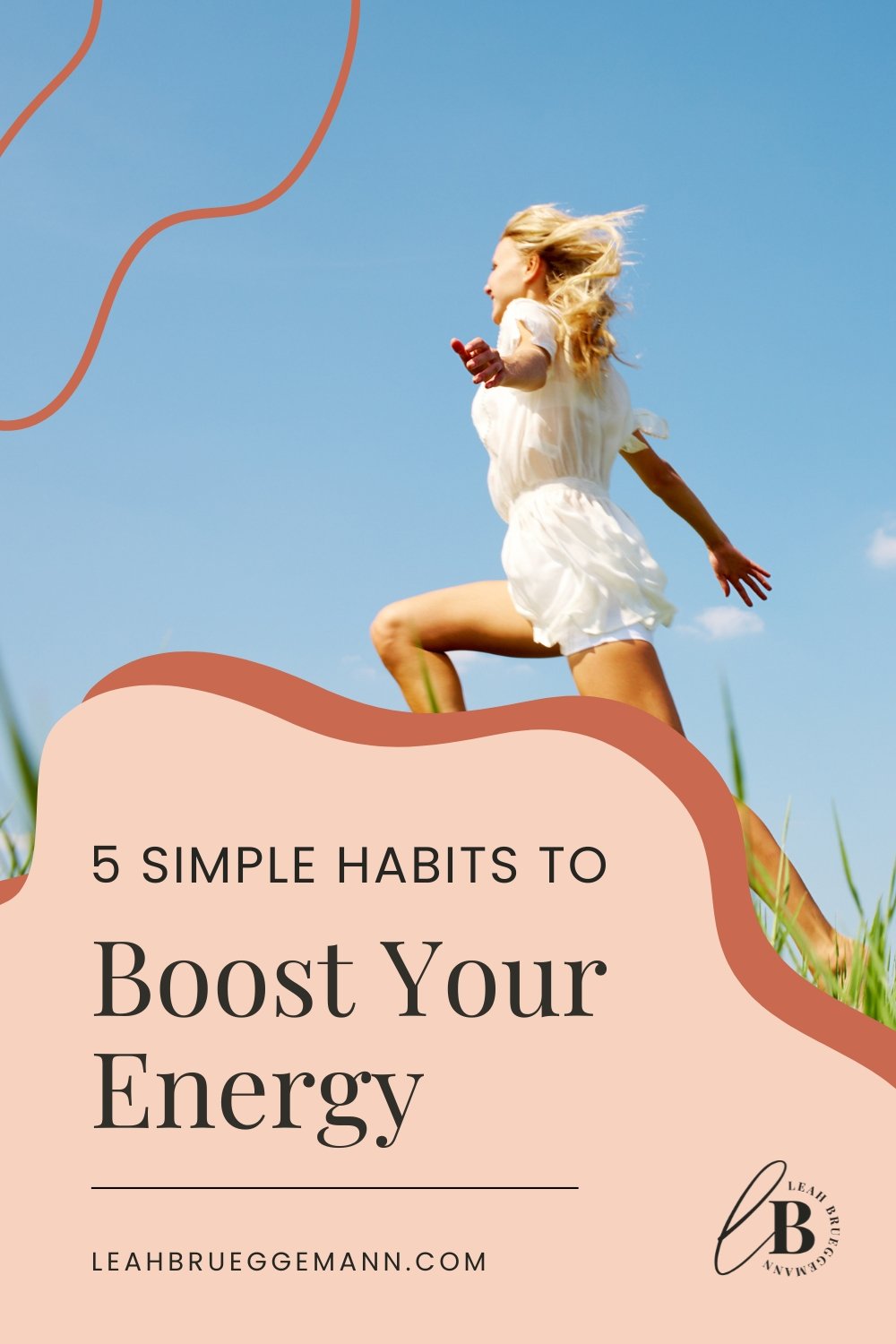7 Ways to Treat Adrenal Fatigue
Adrenal fatigue - you've probably heard this term tossed around (especially if you’ve been following me for awhile!), and chances are, you've experienced the symptoms. The unrelenting fatigue, the sleepless nights, the inexplicable cravings for comfort foods you'd normally pass on. If these struggles sound all too familiar, your adrenal glands could be trying to send you an important message!
We’re not going to get TOO sciencey here, but we do need to talk about what the adrenal glands are and why you should care about supporting them!
What are Adrenal Glands?
Your adrenal glands serve as the producers of cortisol, often referred to as the "stress hormone” or the "fight or flight" hormone. It plays a key role in how your body responds to stress. When a stressor enters your life, your hypothalamus prompts your adrenal glands to release cortisol. This hormone temporarily shifts your body's priorities in order to deal with stress.
Cortisol slows down your digestion, alters your metabolism, and prioritizes its production over your sex hormones. The rationale behind this is to prepare your body to react swiftly when faced with a potential threat, such as a bear attack. In such moments, non-essential functions take a backseat while your alertness and physical performance surge, allowing you to escape danger quickly.
The problem is your body can’t tell the difference between a bear chasing you vs. a call from your boss. However, living in a perpetual state of high alert is not what your body was designed for. Continual exposure to this stress-induced cortisol production can lead to blood sugar imbalances, unwanted weight gain, anxiety, sleep disturbances, memory lapses, and a general decrease in overall awareness.
A Common Misconception about Adrenal Fatigue
In reality, it's more about HPA axis dysfunction, not your adrenals wearing out (but let’s be honest - it’s so much easier to just say “adrenal fatigue”). This dysfunction is often linked to chronic stress and cortisol levels going a bit haywire. This can create a ripple effect, impacting your menstrual cycle, as cortisol levels are closely connected to your hormones, especially progesterone, which plays a vital role in supporting HPA axis function.
Cortisol is a steroid hormone made by your body. Its levels are higher in the morning and drop about 2 to 3 hours after you've nodded off. This is why quality sleep is so vital! Now, when you're faced with stress, cortisol spikes, and this also raises your blood sugar since cortisol is the stress superstar. It pumps your body full of energy to face the stress. Plus, it's anti-inflammatory, which explains why sore muscles and stress often go hand in hand.
The catch is, we live in a world where stress isn't just about surviving a bear attack; it's about not getting enough sleep, a stressful job, and your body constantly shouting, "Stress! Stress! Stress!" So, your cortisol levels might stay perpetually high. This is what I'd call the "acute phase" of adrenal dysfunction - a constant cycle of stress. Then, your body might say, "That's too much cortisol. We need to slow down." Your stress doesn’t go away, but your body stops making as much cortisol.
This may be why sometimes you feel completely drained, but your labs show "normal" results. That’s why I’m always saying how important it is to also look at your lifestyle, not just the numbers on your lab report. Stress is a common culprit in many health issues, and it often lurks in the shadows, whether as external or internal stressors, such as food sensitivities or immune function.
Thankfully, there are some simple, proactive steps you can take right now to support your adrenals and relieve these symptoms!.
How to Support Your Adrenals
Take a Caffeine Break
I know it’s not what we want to hear, but while you're on a healing journey, think about putting caffeine on pause, at least for a while. It has a habit of sending your cortisol levels on a rollercoaster.
Quality Sleep
Good quality sleep is so essential to support your adrenals! I always recommend making a consistent nighttime routine a non-negotiable part of your life. Aim for 7 to 8 hours of restorative sleep. This means ditching screens an hour before bedtime and engaging in calming activities like reading, stretching, or enjoying a cup of herbal tea.
Adrenal Cocktails
Shake up a simple but mighty elixir - the adrenal cocktail. Try a combo of 1 ounce of full-fat coconut milk, 5 ounces of freshly squeezed orange juice, and a scoop of collagen peptides. This blend is pure gold for your adrenals.
Stress Management
Make activities that lower stress a top priority. This could mean yoga, meditation, or any self-care rituals that make you feel good.
Magnesium/Epsom Salt Baths
An astonishing number of women in the U.S. are magnesium-deficient, which can lead to increased anxiety. Relax and recharge your body and mind with magnesium or Epsom salt baths. They can melt away stress and promote pure relaxation.
Lower Intensity Exercise
While exercise is essential to overall wellbeing, be mindful of your energy levels and opt for lower-impact activities when dealing with HPA axis dysfunction. It’s important to listen to your body's signals. When you’re feeling drained, swap out those high-intensity workouts for gentler options like leisurely walks, restorative yoga, or calming barre classes. It's all about keeping your energy in check as you regain your adrenal balance.
Blood Sugar Balance
And of course, as with most things related to hormones, it's critical to keep your blood sugar stable! A balanced diet rich in protein and healthy fats can help prevent those sugar spikes and crashes that add extra stress to your body. Remember to incorporate protein into your breakfast and aim for balanced meals and snacks. Learn all about the basics of blood sugar balance here.
It’s all about support and priorities.
By supporting your body and prioritizing self-care, you can heal your adrenal fatigue and finally have the energy for the things you love! Remember, your health and well-being deserve your care and attention. Take the time to lower stress, balance your hormones, and nurture your health. You're worth it!
Free Painless Period Prep Guide
Download the FREE guide to learn more about balancing your hormones so that you can finally experience pain-free periods!
You May Also Like…
The recommendations presented in this blog are not a substitute for medical advice from a qualified doctor. Before making any changes to your diet and lifestyle, please consult with your health care provider.
Some of these links contain affiliate links.




